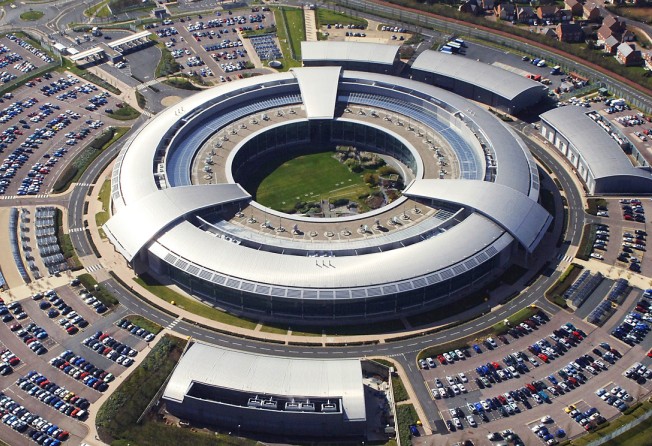Internet service providers lodge complaint against British spy agency

Internet service providers from around the world are lodging formal complaints against the British government's monitoring service, GCHQ, alleging that it uses "malicious software" to break into their networks.
The claims from seven organisations in six countries - Britain, the Netherlands, the United States, South Korea, Germany and Zimbabwe - will add to international pressure on the government following Edward Snowden's revelations of mass surveillance of the internet by British and US intelligence agencies.
The claims are being filed with the Investigatory Powers Tribunal (IPT), the court in London that assesses complaints about agencies' activities and misuse of surveillance by government organisations. Most of its hearings are held at least partially in secret.
The IPT is already considering a number of related submissions. Later this month it will investigate complaints by human rights groups about the way social media sites have been targeted by GCHQ.
The government has defended the security services, pointing out that online searches are often routed overseas and those deemed "external communications" can be monitored without the need for an individual warrant. Critics say that such a legal interpretation sidesteps the need for traditional intercept safeguards.
The latest claim is against both GCHQ, located near Cheltenham, and the Foreign Office. It is based on articles published earlier this year in the German magazine Der Spiegel. That report alleged that GCHQ had carried out an attack, codenamed Operation Socialist, on the Belgian telecoms group Belgacom, targeting individual employees with "malware", or malicious software.
The complaint alleges that the attacks were a breach of the Computer Misuse Act 1990 and an interference with privacy rights of employees under the European Convention on Human Rights.
The action is supported by Privacy International. Its deputy director, Eric King, said: "These widespread attacks on providers and collectives undermine the trust we all place on the internet and greatly endangers the world's most powerful tool for democracy and free expression."